Adam Del Deo is Netflix’s Vice President of Original Documentary Programming. He has supervised seven Oscar winning titles, including White Helmets and Icarus. Del Deo has also overseen documentary series such as Chef’s Table, Making a Murderer, Wormwood, Dirty Money, Wild Wild Country, and most recently, Conversations with a Killer: The Ted Bundy Tapes.
Given how much more accessible documentaries have become over the last few years, we thought it would be fun to speak to Adam to find out what Netflix’s ambitions are in the documentary space.
This interview has been edited for length and clarity.
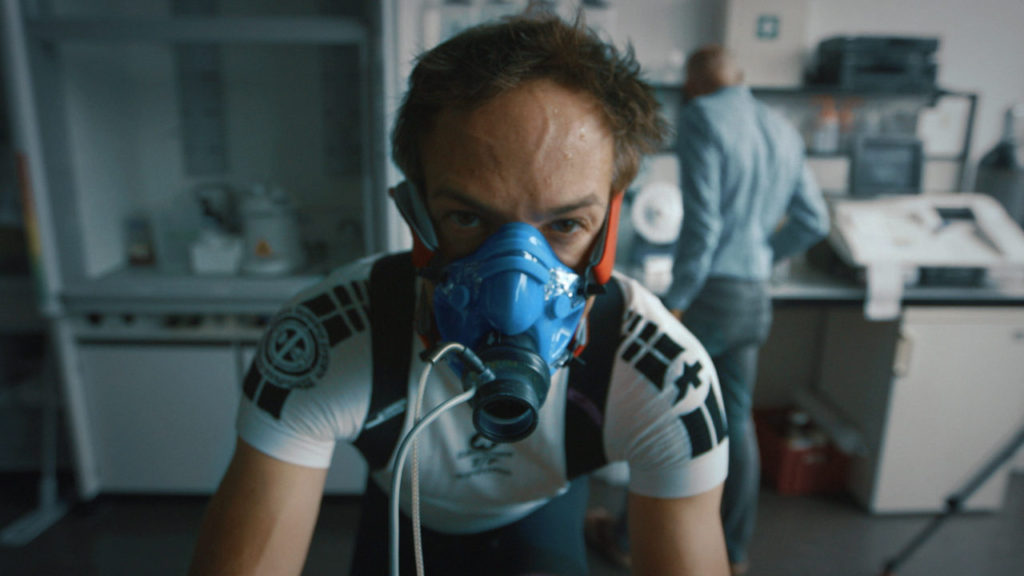
Umapagan Ampikaipakan: Over the last few years, Netflix has kind of carved out a niche for itself with regards to stand-up comedy. These days, you guys are pretty much the go to platform for both up-and-comers as well as well-established comedians. With that in mind, what have you got planned with regards to Netflix as a platform for documentaries?
Adam Del Deo: We know that our subscribers were watching at least one documentary over the last year. In the last five years, I mean, just think about the titles like Tiger King, The Last Dance, Fyre, Miss Americana – they’ve kind of jumped into the zeitgeist. So, what we’re really focused on is finding great storytellers from around the world, supporting those storytellers and their unique visions, and putting them up on the service. And the service has a great ability to be able to put those stories in front of our subscribers. It’s not really about documentary viewing specifically. It’s really about finding the right stories. Because subscribers watch feature films, or scripted series, that may be similar to the moods, the genres, the towns, of documentaries. So it’s important to put our documentary stories in front of them. And we love every day that we’re finding new documentary viewers from all over the world. We’ve seen that cycle really blossom over the last six years.
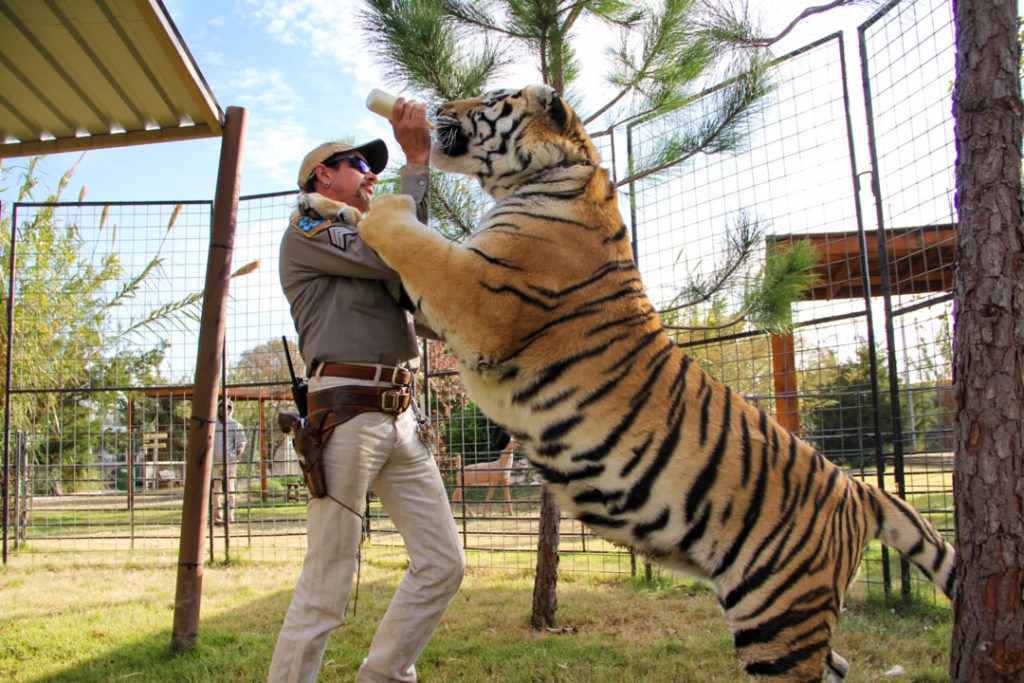
UA: Let’s talk about acquisitions. Netflix has made a significant investment in creating global originals. At what level are you hoping to get involved in creating documentaries outside of the United States? Would it be funding something from scratch? Would it be just acquiring a film that’s already complete? What are your ambitions on that front?
AD: We can get in at different levels. It can be, as you said, at a pitch phase. And oftentimes it’s something that we might see midstream. It might be a collection of scenes, or like a very rough cut, or something that’s finished that one of our creative team members would watch at a film festival around the world and acquire there. It can happen in a variety of ways. But really, what we’re looking for is something that we really feel is going to be a unique story. It’s going to be part of a collection of diverse stories from all over the world. When you have 183 million subscribers, with 165 million of those watch watching documentaries. There are a lot of different levels of taste there. People like different things. And it may be music like Miss Americana, or it might be natural history like Our Planet, or it could be something in the crime space, or the biopic space. We just want to know that the story that’s being told appeals to some of our subscribers, and hopefully a large amount of our subscribers. Every story can’t be a global story. So, we’re happy to acquire films that are serving a much more specific audience. It’s about the right amount of investment for the different scale of projects.
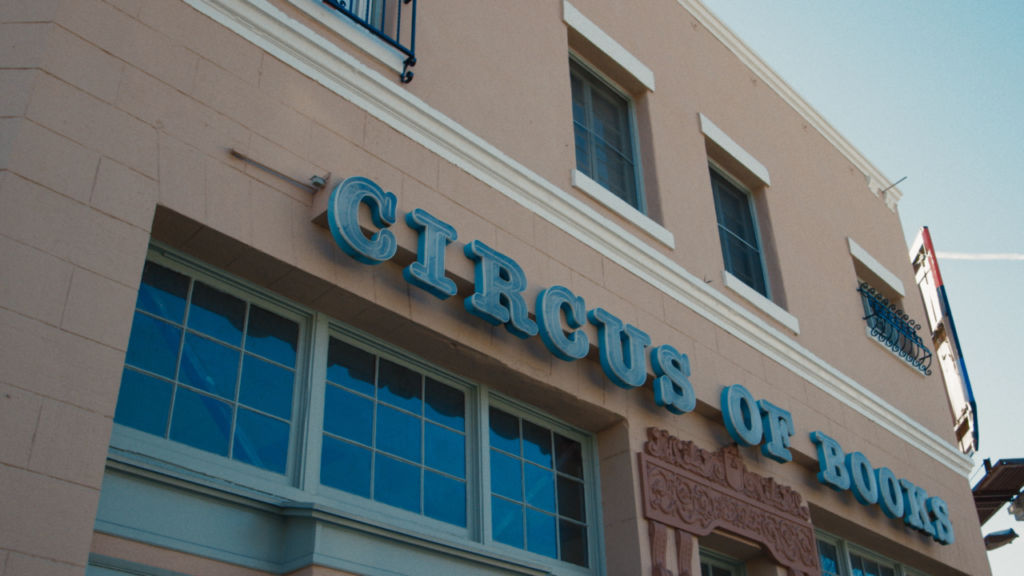
UA: Speaking of documentaries for a specific audience, I recently caught Circus of Books – which was just a fantastic piece of storytelling – and it felt like the kind of film that would usually be screened at a few film festivals and then kind of disappear into the ether. Having it end up on Netflix was great. So someone like me, out here in Malaysia, could actually watch something like it. Because there is no chance a documentary like that would ever make it anyway onto Malaysian screens otherwise. Could you could take me through your process with regards to how you pick something like that. What is the decision process?
AD: So that decision is really driven by us asking: “Do we feel that we have an audience for it?” And can that audience really scale? It could be a huge audience. For something like Tiger King or Our Planet. Or, in the case of Circus of Books, we were so moved by that title, and we thought that it would resonate with members of the LGBT community. And it’s something that we thought just had great filmmaking. So at that point, it’s a question of acquiring the title and marketing it in the right way to those audience members. And people like yourself, who have watched the film, have said that it’s something that really spoke to them. And it’s something that they want to talk about. And it’s something that they may want to go on social media about. And so, we think a title is going to resonate with a certain subscriber group, that has a certain taste level, then it’s something that we’re going to want.
UA: I want to ask you about Netflix, the technology company, as opposed to just “the platform” and “the content company.” You’ve used some interesting interactive technology, especially with Black Mirror: Bandersnatch and the new Kimmy Schmidt special. And it got me thinking about what that could mean for documentary filmmaking. Do you have any plans, or are working on anything, using that kind of interactive, choose-your-own-adventure type storytelling method?
AD: We’re always looking to innovate in documentaries. And I think the interactive side is always something that is being considered. But when you look back, and you think of the kind of history of our nation over the over the last six and a half years, you look at a series like Errol Morris’ Wormwood. He really wanted to innovate and integrate it in a super meaningful way. By using scripted elements and scripted components inside of a documentary. And that was really innovative in a way that you almost couldn’t tell whether or not it was a documentary or scripted piece. But we’re also seeing that technology used in terms of visual effects and graphics. We had a recent title called The Great Hack, and that used visual effects to elevate the visual look and feel of the documentary to make it more entertaining. We feel that leaning into technology and innovation is something that’s very important to us. So we’ll continue to support those visions. If we see an interactive offering in front of us that makes sense, we would definitely be open to it.
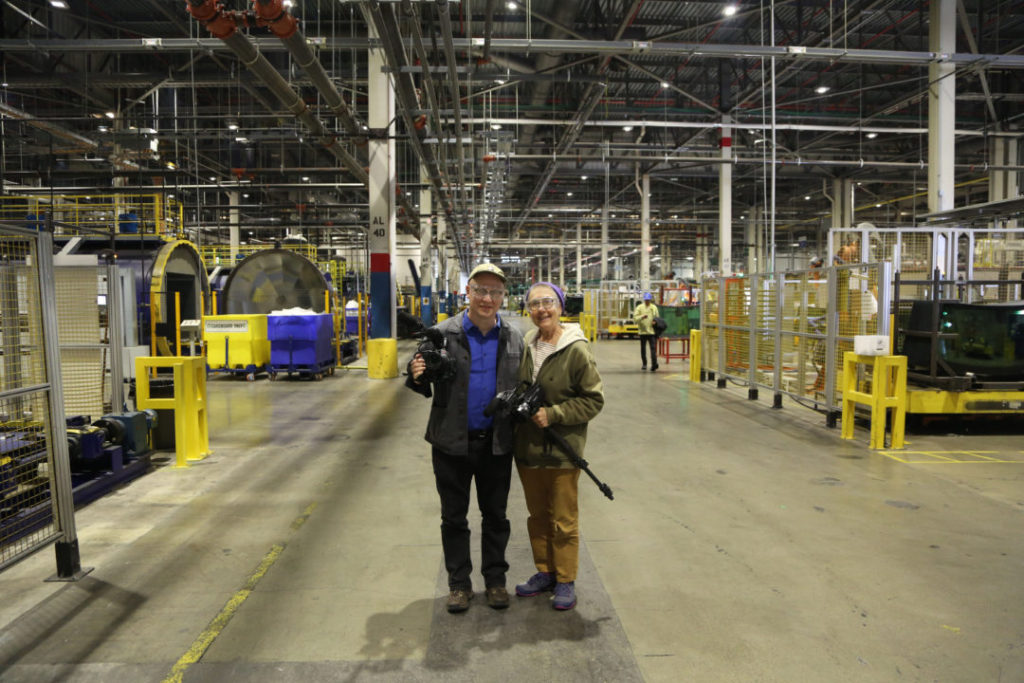
UA: A big get for Netflix was obviously the Obamas. What has getting the Obamas into the stable meant for documentary programing?
AD: Well, I think it’s been a great win. They have incredible passion and their company, Higher Ground, is incredibly passionate about great documentary storytelling. American Factory, the first time we dove in with them, won the Academy Award. And then on top of that, we dove into a title called Crip Camp, which was the opening night film of the Sundance Film Festival, and had just an incredible reaction. I think, in terms of the Rotten Tomato score, we’re still 100 percent with about 60 different reviews. So we’ve had great success. And then, there’s Becoming. Being able to get a kind of inside look, an intimate look at Mrs. Obama as she traveled on tour. It’s something that’s been watched around the world, and talked about, in a really a great type of way. So we’re off to a great start with them. It’s been a great partnership. And the fact that they themselves love watching great documentaries makes it all the more constructive.
UA: The Obamas are obviously very important figures in the United States. But there is also a cultural connection between the Obamas and the rest of the world. A lot of people worldwide see them as all that’s good with America.
AD: And I think that helps sell the product as well. I mean, listen, that’s the thing. They’re incredibly popular globally. And so, politics aside, it was important having those personalities where a lot of people around the world feel like they connected with. Did their personalized side really resonate? And that is something we felt when working with them early on. Their personal side is something that we wanted to kind of look at and try to lean into.
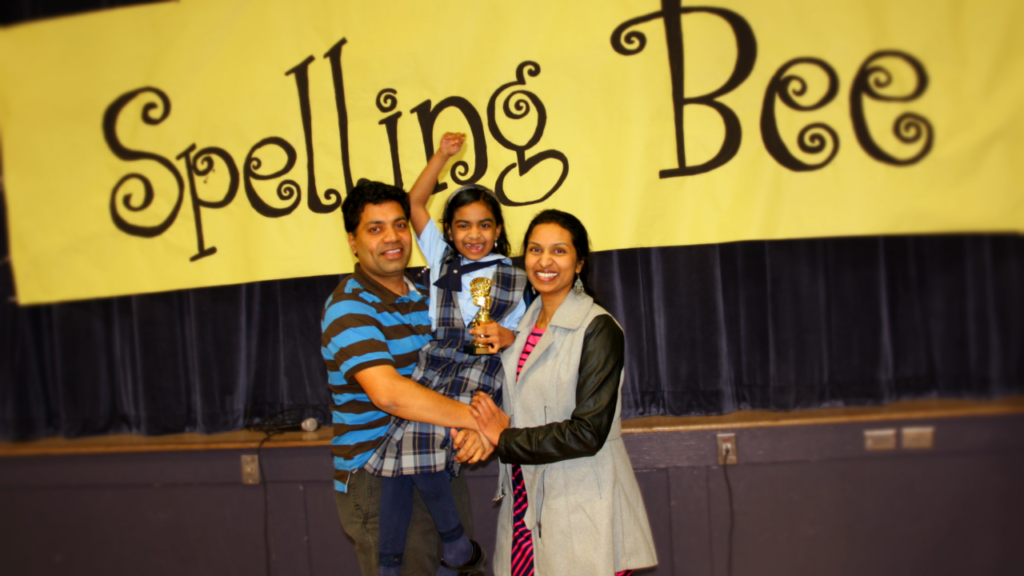
UA: You’ve got a new documentary, Spelling the Dream, coming out this week. How did you come upon this story? Obviously there was a documentary from many years ago called Spellbound about the spelling bee. That absolutely terrified me. And I was so happy that my Indian parents weren’t like that.
AD: Yes, that was the question that we thought about. Because there had been a documentary, Spellbound, that was quite popular. But this tape was so interesting to us – the fact that 19 of the Spelling Bee winners over the last 20 years are Indian American. And this sense of great pride, not only in America, but in India, with these talents around spelling was something we thought was really unique and that we hope, not only resonates in India, but also with the Indian diaspora and also with Indian Americans. We thought that was a special audience, a specific audience, that we could target towards. Not dissimilar to your question around Circus of Books and how we thought about that. This is exactly how we thought about Spelling the Dream. I think it’s a wonderful film. There are some incredible personalities inside of that. And if you’re someone that lives in Asia and India, to have this window, this view inside of America, through these kids and these families, and all the different stereotypes people feel that these kids are raised by tiger parents and they’re forced into it. But when you see the fun, the humanity, and the kids themselves, it’s something that they’re really focused on. It just resonated for us when we saw that rough cut. So we supported the filmmaker midstream on that one and stood behind them as they kind of refine the edit and improve the edit.
UA: I’m telling you, we can spell. My people can spell.
AD: It’s amazing. The six-year-old boy blows me away.

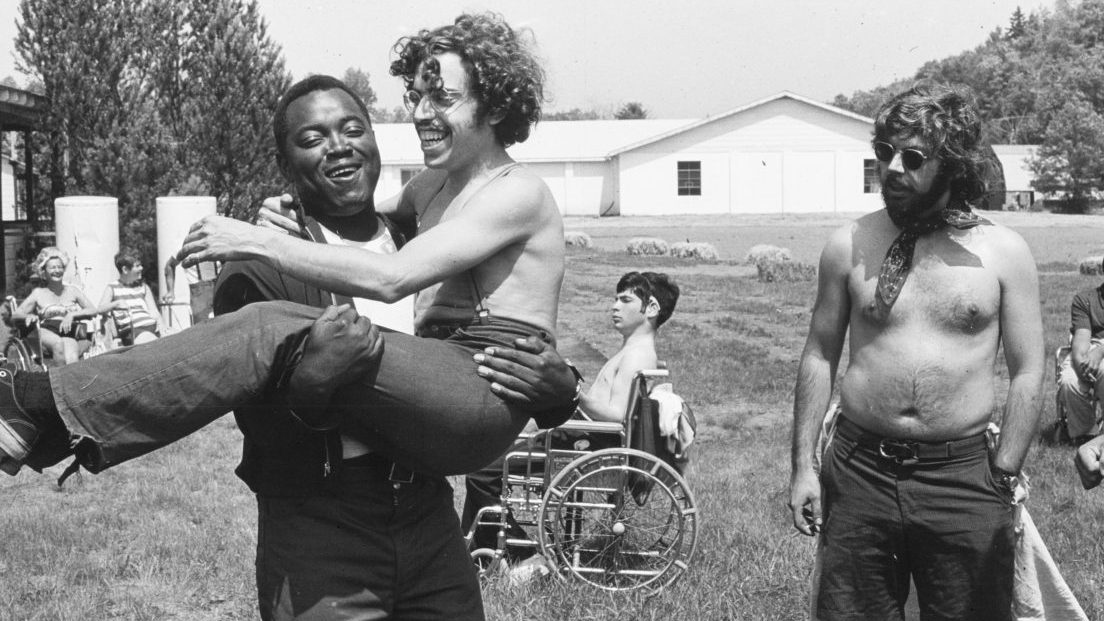


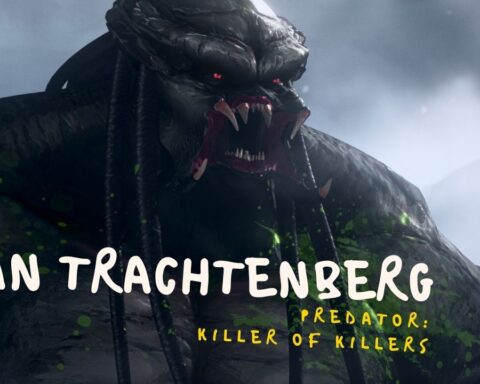
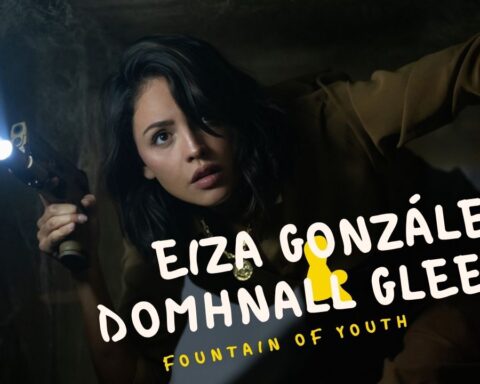
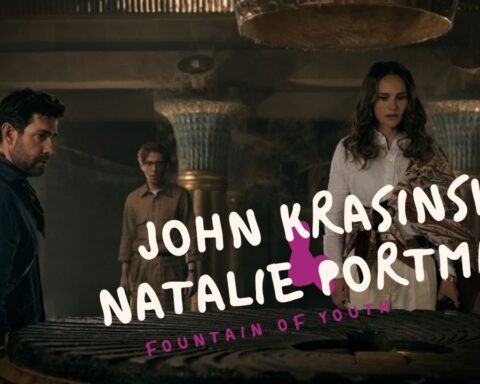
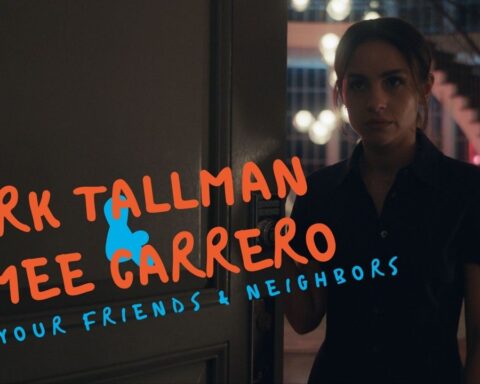
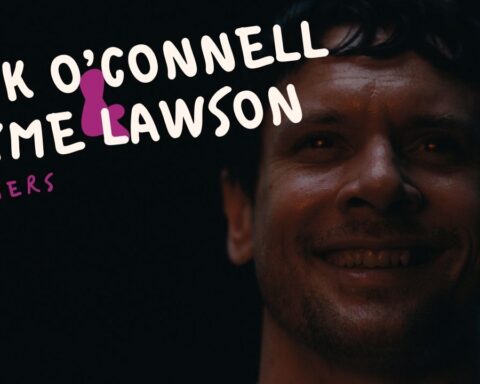
Follow Us